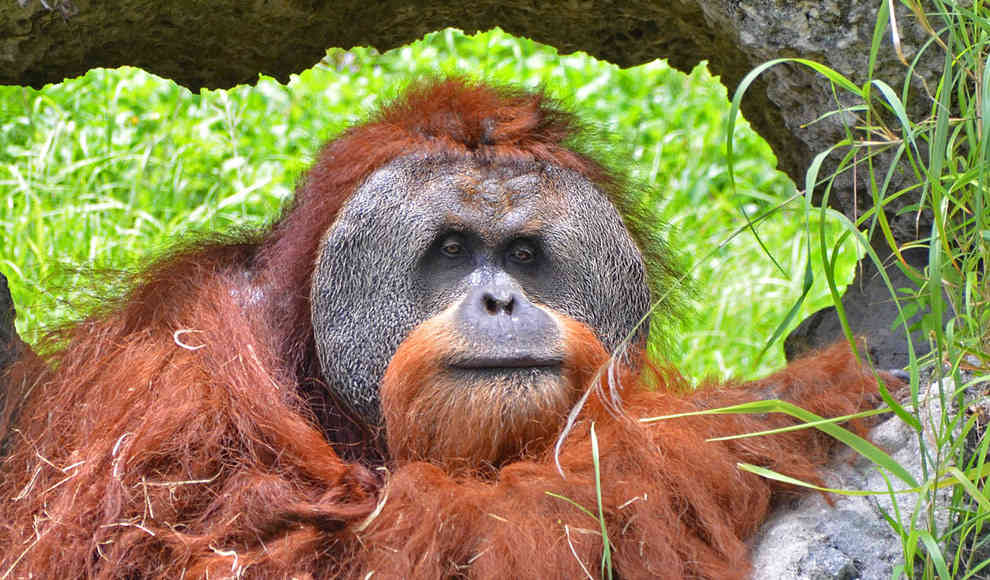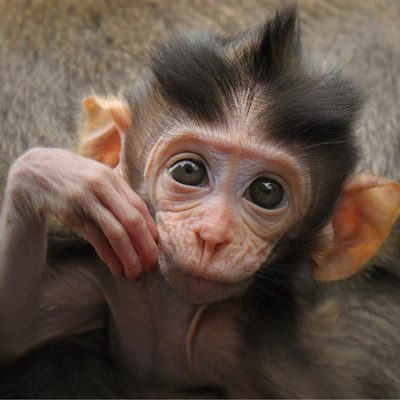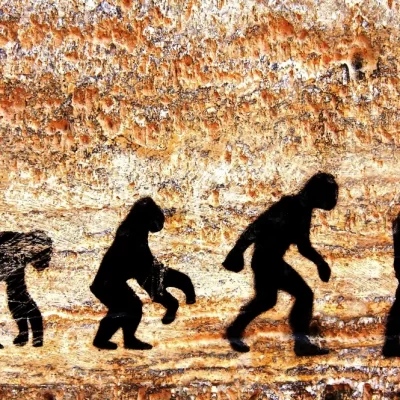In a groundbreaking study, researchers from the University of Durham have discovered that orangutans are capable of imitating human speech and producing human-like sounds. The study was conducted on an eight-year-old orangutan named Rocky, who was trained to imitate sounds given to him by researchers over a two-month period. The recordings of Rocky’s sounds were compared to those of over 120 orangutans from 15 different groups, both in captivity and in the wild. The results showed that Rocky’s sounds were unique and not comparable to those of other orangutans.
The study’s lead researcher, Adriano Lameria, stated that the findings challenge the belief that the sounds made by great apes are purely instinctual and not under their control. The ability of Rocky to regulate his voice and produce sounds in a controlled manner suggests that orangutans have the ability to consciously modulate their voices. This discovery has significant implications for understanding the evolution of human language and the development of speech in humans.
Previous studies have also shown that other great apes, such as gorillas and chimpanzees, are capable of producing human-like sounds and imitating human speech. The ability of these animals to control their voices and produce sounds in a controlled manner suggests that the evolution of human language may have been influenced by our shared evolutionary ancestry with great apes.
Overall, the study provides new insights into the development of language and the evolution of speech in humans. The ability of great apes to produce human-like sounds challenges our understanding of the origins of language and suggests that the development of speech may have been influenced by our shared evolutionary history with these animals.










